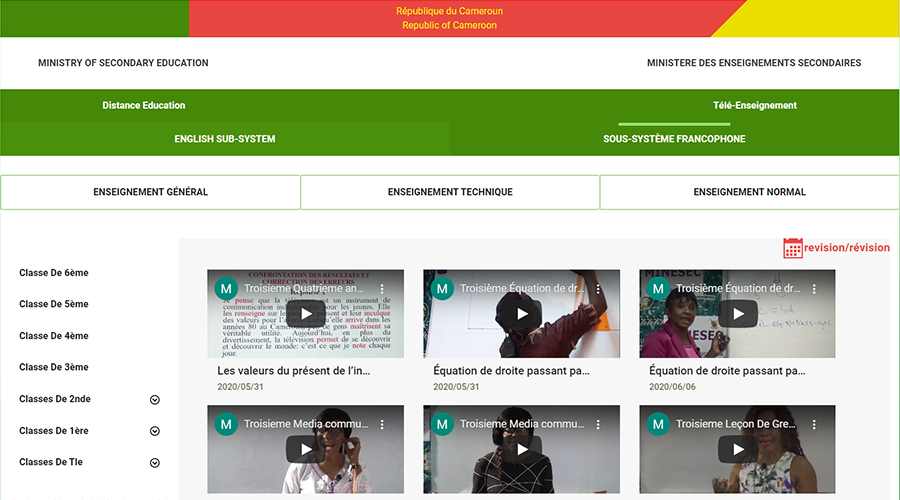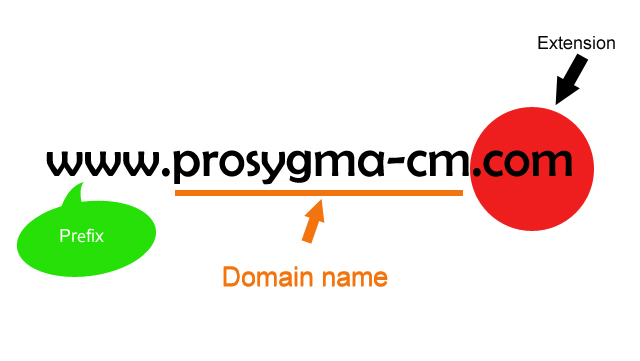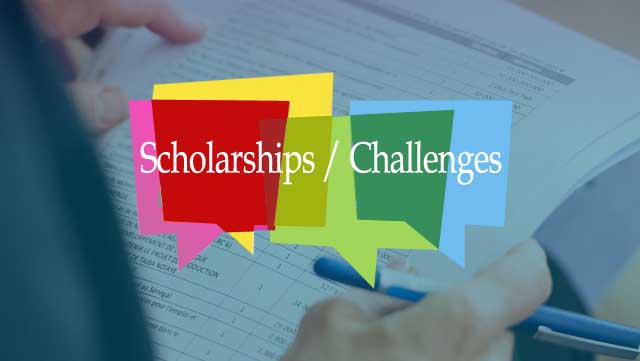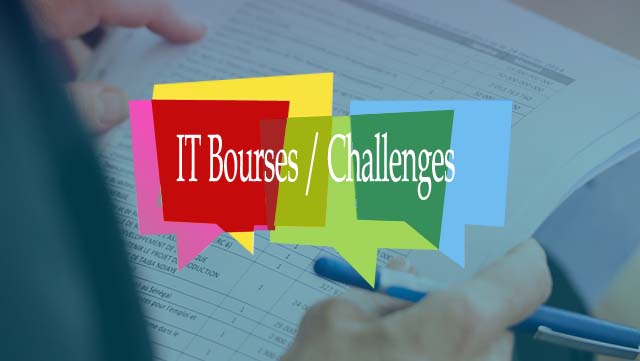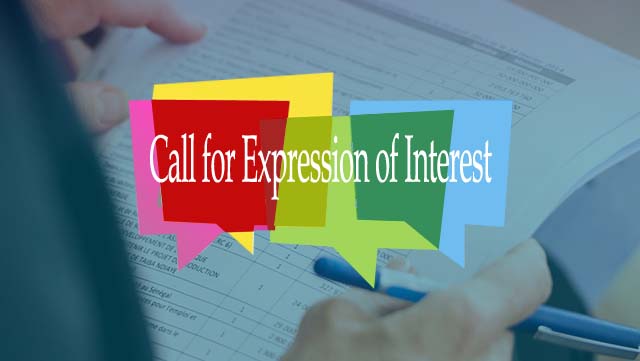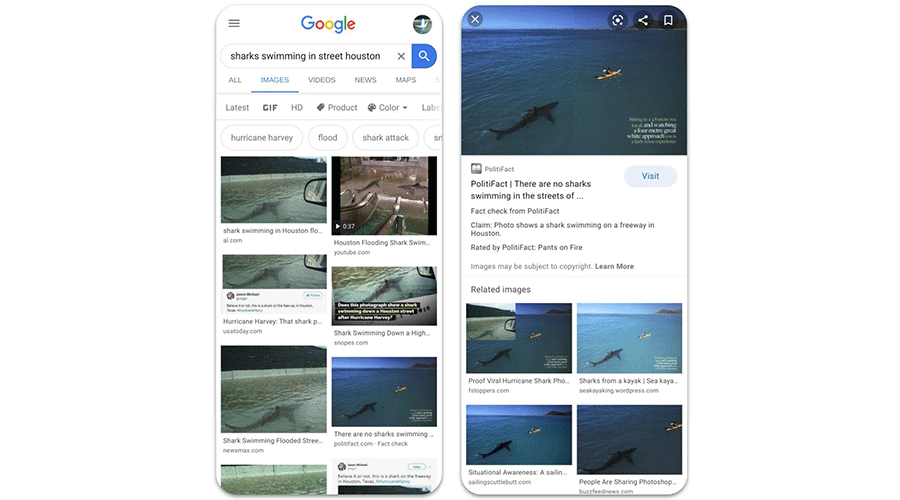
Google tracks down the false images
Â
A contextualized fact-checking method now applies to photos and videos offered on the search engine.
Google is taking another step forward in its plan to combat misinformation. At a time when platforms are regularly attacked for their role as host, whose latest arm wrestling between Twitter and US President Donald Trump has caused a stir on the web, Google Images now wants to apply the "Fact Check" tag in the photo and video results of its search engine, the Mountain View firm said in a blog post.
"Photos and videos are an incredible way to help people understand what's going on in the world. But the power of visual content has its pitfalls, such as the origin, authenticity or context of an image," said Harris Cohen, product manager at Google. "Starting today, we'll feature fact-checking articles in the Google Images section to help users form a more informed opinion about what they see online. »
Since 2017, Google has been working with newspaper publishers on fact-checking projects designed to combat fake news, such as the CrossCheck collaborative platform, which aims to help Internet users check information of various kinds (text, photo, video, commentary).
Â
A task entrusted to a third party
Google says the new system will be based on the ClaimReview database, which is fed by independent auditors. This tool is used by publishers to tell search engines what content has been verified. "We are already highlighting verified content on Search and Google News to make it easier for search engines to find that content," the group said. YouTube also uses ClaimReview to support content verification in Brazil, India and the United States. The firm says that the complete library of fact-checked content is accessible via a dedicated search tool and an open API.
If an Internet user clicks on one of the search results to see the larger image, he or she will see, below the enlarged image, a summary of the fact-checked article. These tags can appear both for fact-checking articles that relate to specific images and for fact-checking articles that include an image in the article.
Google also assures that these new tags will not affect the order of queries: "Our systems are designed to display the most appropriate and reliable information, including from sources that do fact-checking," said Cohen.
Google recently joined Facebook, LinkedIn, Microsoft, Reddit, Twitter and Youtube in a joint statement to combat fraud and misinformation related to Covid-19, as the health crisis is proving very conducive to these phenomena.
Source: Blog-News-Technologies Â

